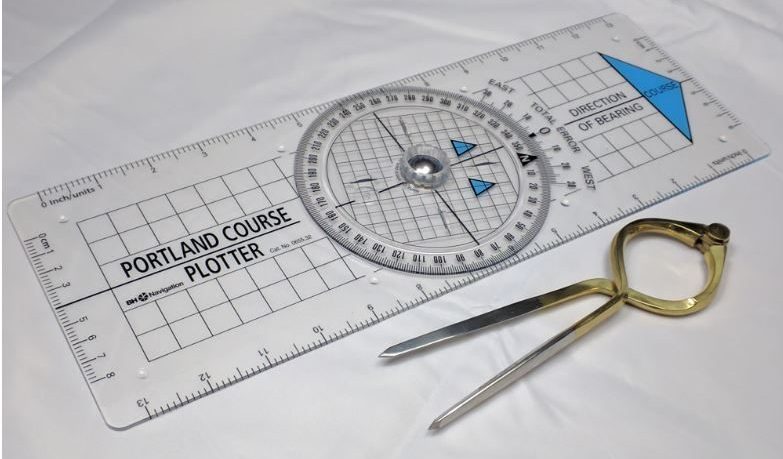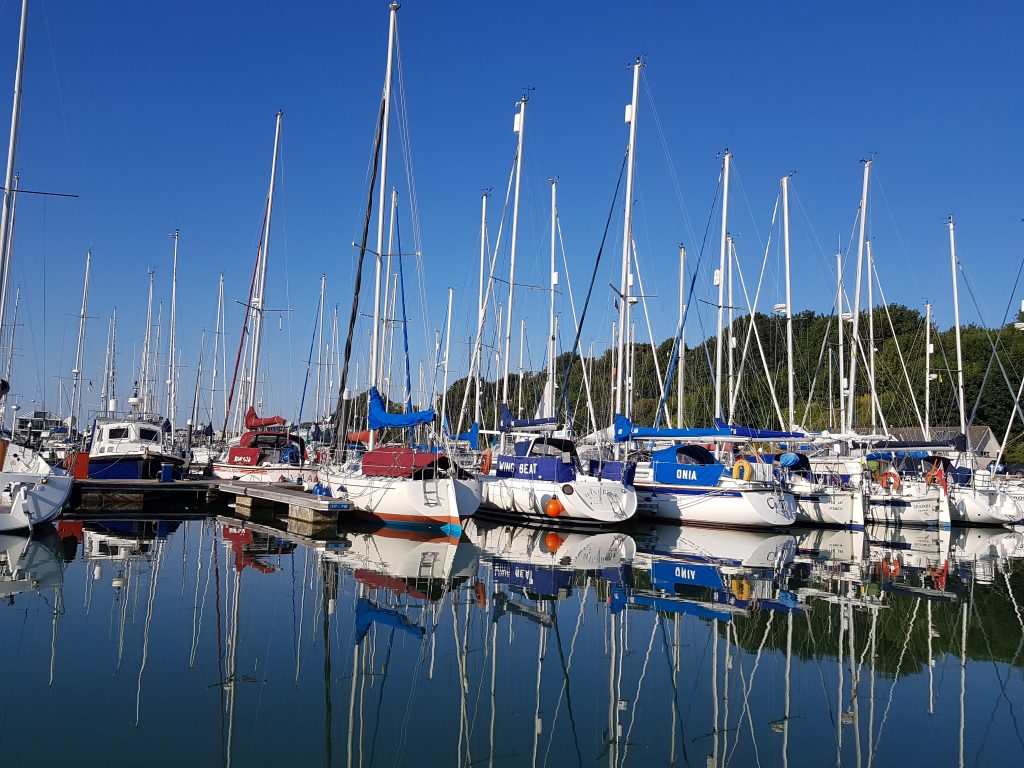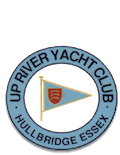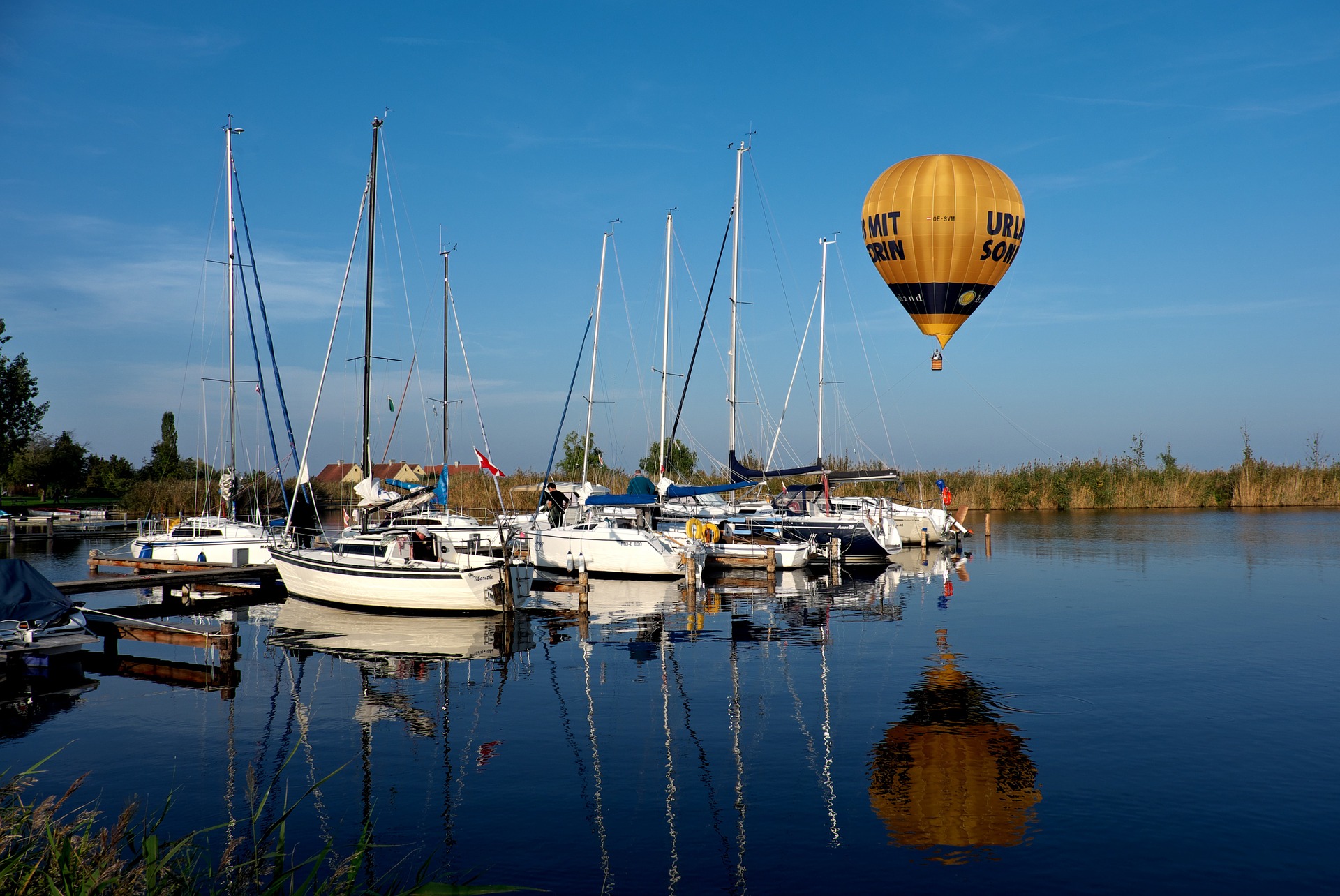International Certificate of Competence (ICC) test day.
If you familiar with cruiser sailing, but found the time commitment and expense of qualifying for RYA Day Skipper too daunting, this might be for you, especially if you are considering:
- Sailing your boat abroad and don’t have a RYA qualification.
- Chartering a yacht outside of the UK.
- Thinking of hiring something bigger than a pedalo during your next beach holiday in the Med.
- A tad concerned about the EU 27 getting difficult with Brits sailing in their waters post Brexit.
Premier Sailing have offered to do ICC in one day aboard their boat based at Fambridge at a special price for URYC members.
We normally charge £450 per day including lunch etc. We can carry five at a time. We would do club members at £75 per person based on 5 people £375 for the day.
Colin Stracey Premier Sailing
This makes the cost of obtaining a qualification very reasonable indeed – in fact its hard to imagine getting a qualification that would enable you to charter a yacht abroad any cheaper!
Why get an ICC?
The International Certificate of Competence Assessment is an internationally recognised certificate that enables the holder to sail in countries where formal qualifications are compulsory. This makes it a valuable document when boating abroad, as the ICC is the only international evidence of competence that exists for pleasure boaters in Europe.
As many countries now require visiting yachtsmen to hold formal qualifications, the ICC provides documentary assurance from one government to another that the holder meets an agreed level of competence. Equally, if you check out the requirements set out by yacht charter companies, you’ll see the ICC is their minimum qualification before they will allow you to sail other than in sheltered water as part of a flotilla.
If you would like to read what one of the world’s biggest charter companies insist upon for their level 1 holidays, here is Sunsail’s.
What’s involved?

The things you need to know for the theory part of the course were covered in the recent Navigation Tuition sessions at the Club:
Theory test – able to:
- Recognise a potential collision situation
- Recognise action to take as “stand on” and “give way” vessel
- Determine a safe speed
- Recognise manoeuvring signals
- Recognise and make visual distress signals
- Keep a proper lookout
Regulations and Pilotage – able to:
- Understand requirements for navigation lights and ships
- Recognise sound signals
- Recognise the following from the lights – vessel at anchor, power driven vessel and sailing vessel
- Recognise, by day and night, and understand the significance of buoys of the IALA system
- Plan a harbour entry/departure, taking in to account possible hazards
- Be aware of the sources of information regarding local regulations, port entry and departure signals and Port Operations radio
Navigation
- Plot a position by cross bearings and by Latitude and Longitude
- Interpret a navigational chart and understand charted depths, drying heights and charted hazards
- Use a tide table to find times and heights of high and low water
- Determine direction and rate of tidal stream from a tidal atlas or from tidal diamonds
- Determine magnetic course to steer, making allowances for leeway and tidal stream
There is currently no requirement to have completed a specific course covering the above and completion of any good all round basic tidal navigation and seamanship theory course should be sufficient.
Practical – short passage

Departing a pontoon
- Communication with crew
- Use of springs
- Fender positioning
- Man over board (MOB) procedures
- Correct direction and speed of approach
- Contact with MOB
Alongside skills
- Communication with crew
- Awareness of other water users
- Use of warps/fenders
- Correct angle and speed of approach
- Securing boat to pontoon
360-degree turn
- How to do a 360-degree turn
Securing to a buoy
- Communication with crew
- Preparing a warp
- Correct angle and speed of approach
- Securing the boat effectively
- Departing from the buoy safely
Handling under sail
- Choosing suitable sails for prevailing conditions
- Choosing a suitable area for hoisting/lowering sails
- Trimming sails correctly
- Communicating with crew before undertaking any manoeuvres
- Undertaking a check of the area before tacking and gibing
Power manoeuvres
- Awareness of other water users
- Use of a kill-cord
- Choosing a suitable area to carry out manoeuvres
- Carrying out an emergency stop
- Able to control speed on turns and warning crew before starting and executing emergency turns
Interested?
If you are interested in potentially taking part in a small group of URYC members to gain an ICC please email info@upriver.org.uk and simply confirm your name and say “I’m interested in the ICC training, please send more details”
Useful links
Check out this leaflet: https://upriver.org.uk/wp-content/uploads/2019/04/ICC-Leaflet.pdf
Application form for an ICC: https://upriver.org.uk/wp-content/uploads/2019/04/ICC-Form.pdf
Thanks
Dennis

